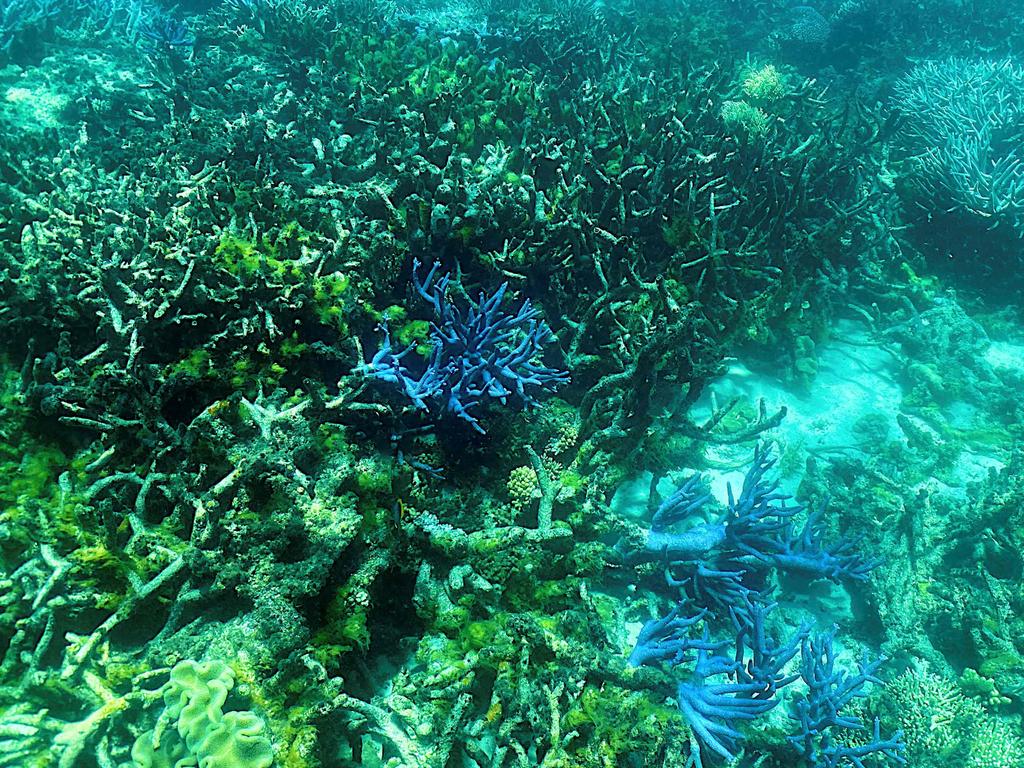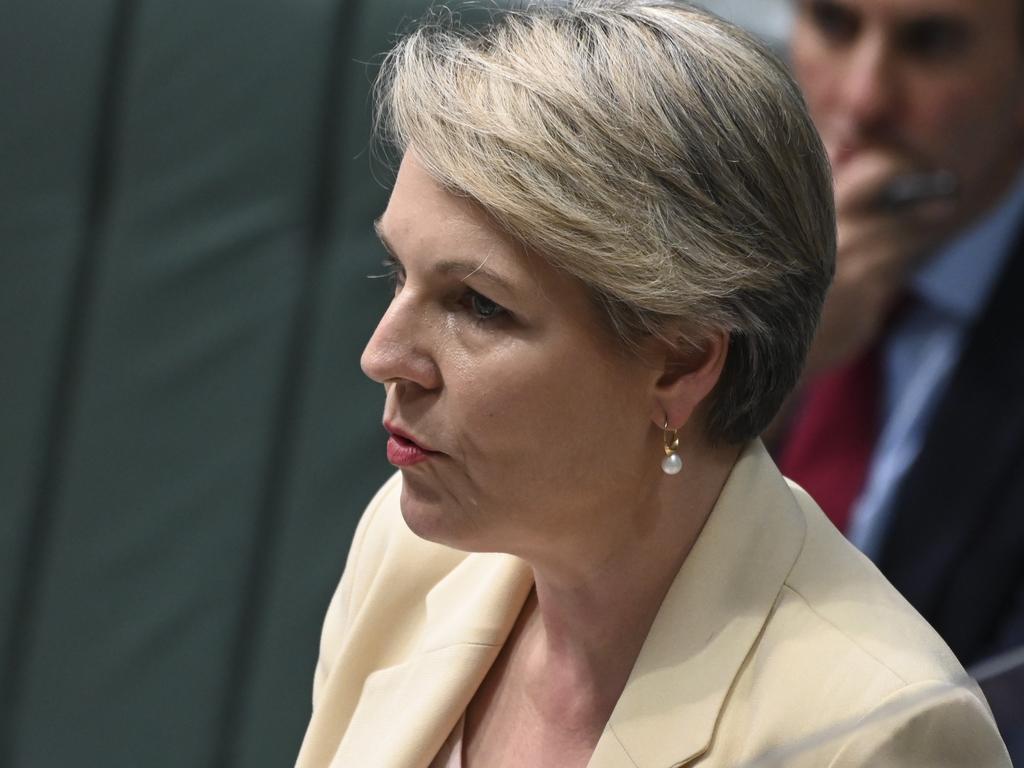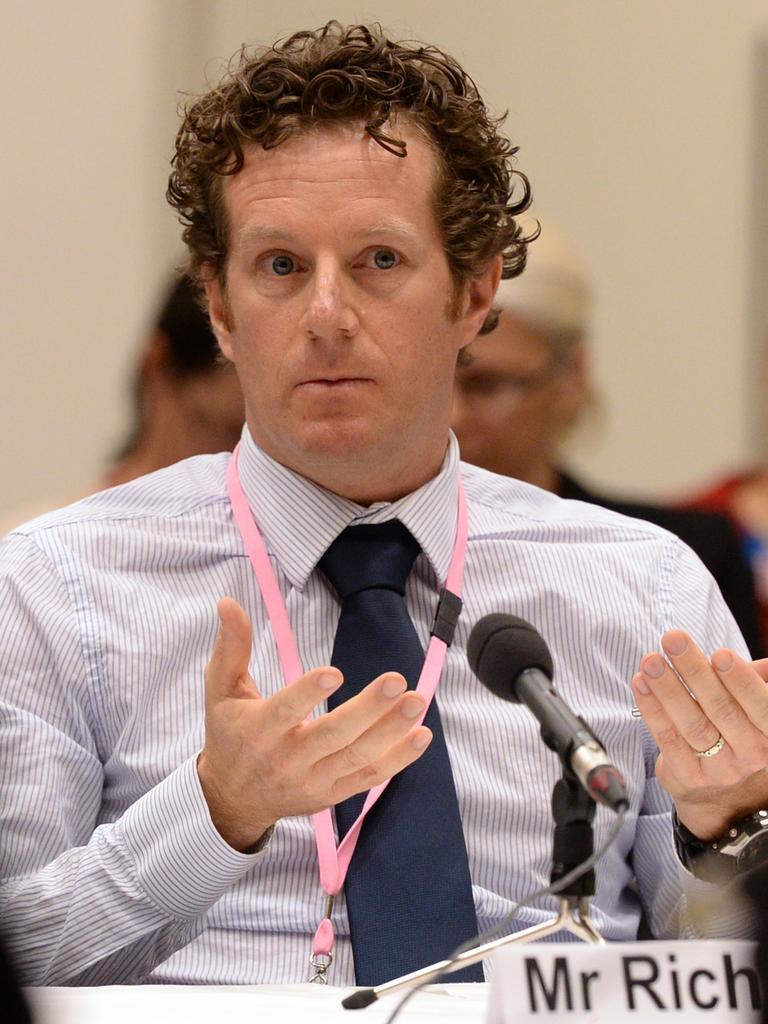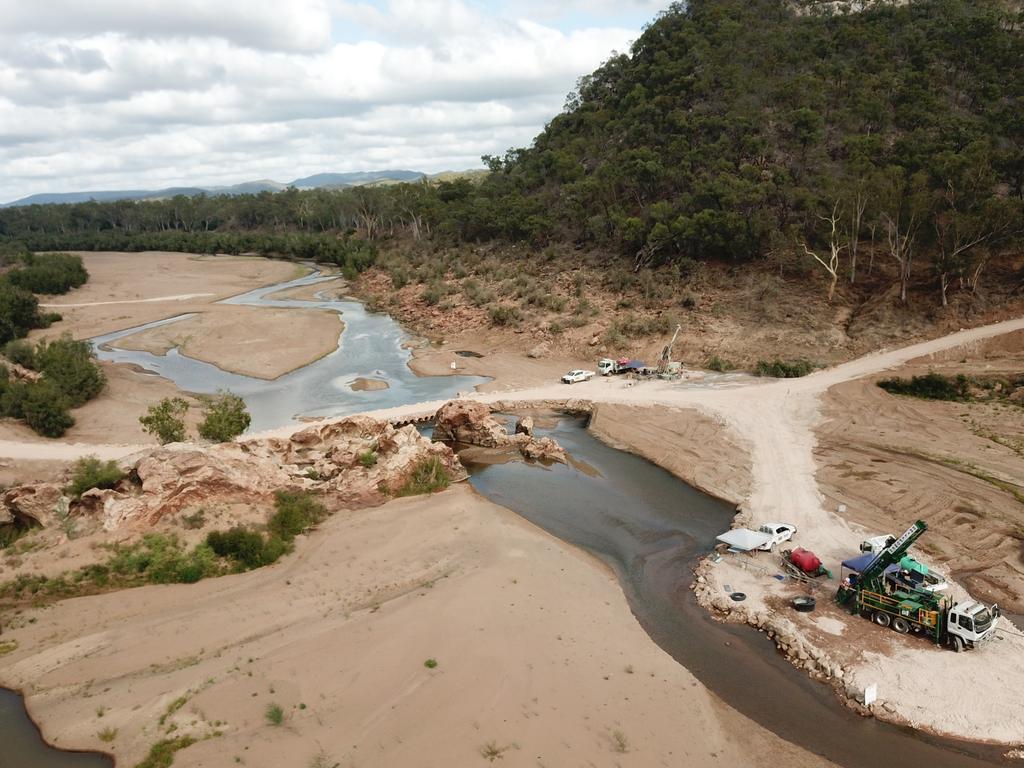Australia warns UNESCO over placing Great Barrier Reef on ‘in danger’ list
Australia has fired back at an international move to declare the Great Barrier Reef ‘in danger’. See why.
The Australian government will contest any international moves to list the Great Barrier Reef as being “in danger”, with Environment Minister Tanya Plibersek declaring: “If the Great Barrier Reef is in danger, then every coral reef in the world is in danger”.
Overnight, the expert panel of the UNESCO World Heritage Committee released their assessment that the 2200km-long natural wonder be placed on the “in danger” list.
Their monitoring mission in March this year took place as the reef was going through a mass coral bleaching event – its fourth in six years.
The listing is contentious, with tourism bodies believing it will engender a sense the reef is dying, when in fact many parts are flourishing.
The most recent report on the health of the reef, undertaken by the Australian Institute of Marine science, found coral coverage in the reef’s central and northern regions was at its highest level since monitoring began in the late 1980s.
Asked on Tuesday whether the government will be contesting a listing, Ms Plibersek said: “We’ll clearly make the point to UNESCO there is no need to single out the reef in this way”.
“It’s important to say climate change is a risk to ecosystems like the Great Barrief Reef, but that means it’s a risk to every reef globally,” she said.
“Fragile ecosystems are at risk if we don’t keep climate change below 1.5 degrees.”

In an earlier joint statement, Ms Plibersek and the Special Envoy for the Reef, Senator Nita Green, said people who live and work on the reef “might find the report alarming”.
“It’s important to note this is not a UNESCO proposal for listing the Reef as ‘in danger’. This is a technical report and the World Heritage Centre is yet to make a recommendation, which would be considered by the World Heritage Committee,” the joint statement read.
Ms Plibersek and Ms Green said the Albanese government had boosted funding for the reef, with a record $1.2 billion, including $204 million of new funding in this year’s Budget.
The UNESCO committee is due to meet in June or July next year, although a venue is not to be decided.
This year’s meeting of the World Heritage Committee was meant to be hosted by Russia, but plans were abandoned after Moscow’s invasion of Ukraine.
In its report on the Reactive Monitoring Mission to the Great Barrier Reef (Australia), 21-30 March 2022, the mission team stated that “despite the unparalleled science and management efforts made by the State Party in recent years, the OUV [Outstanding Universal Value] of the property is significantly impacted by climate change factors.
The resilience of the property to recover from climate change impacts is substantially compromised, in particular – but not exclusively – due to degraded water quality.”

The report’s recommendations included restoring land areas to ensure run-off from farming areas does not impact water quality, banning gillnet fishing practices, and ensuring reef water quality is a determining factor in the development of local dams.
The Australian and Queensland Governments must also do their fair share to limit global warming to 1.5 degrees Celsius, the report stated.
Ms Plibersek said the monitoring period for the report came before the Australian government legislated a 43 per cent emissions target, and cancelled the funding for proposed dams at Urannah and Hells Gate. Those dams had been approved by the previous federal government without environmental assessments taking place, she said.
Queensland Tourism Industry Council CEO Brett Fraser said the reef contributed $6.4 billion to the national economy each year and supported roughly 64,000 jobs.
“Public perceptions of the Great Barrier Reef as vibrant and healthy are imperative to visitation levels. Classifying the reef as ‘in danger’ will have a significant impact on this public perception,” Mr Fraser said.
“Improving the health of the reef remains a top priority for our tourism industry.”
The World Heritage Committee has been debating whether to list the reef as being “in danger” since 2015. In 2021, a draft resolution to go ahead with the listing prompted a major lobbying effort from the Morrison government, with the result that the full Committee overturned the draft decision.
The World Wide Fund for Nature (WWF) said an “in danger” listing should be put on hold until 2024 to enable an appropriate government response, but the Australian and Federal governments should implement the recommendations of the report in full.
WWF-Australia Head of Oceans Richard Leck said the report was an opportunity for the Australian Government to prove nature and climate are back on the agenda.


“The world is watching. The new Australian Government wants to co-host the global climate change COP31 in 2026 with our Pacific neighbours. The UNESCO recommendations are our moment to show the world that on climate and nature we really are switching from laggards to leaders,” he said.
Dr Lissa Schindler from the Australian Marine Conservation Society said the report showed “the reef is in trouble” but it also “spells out the critical steps needed to protect it”.
“The Australian and Queensland governments have made important steps towards helping the reef lately but the Reactive Monitoring Mission report highlighted that more action is urgently needed if they are serious about saving the reef and the $6 billion tourism industry and 60,000 jobs it supports,” Dr Schindler said.

The Queensland Conservation Council (QCC) said the Queensland and Australian Governments should legislate increased emission reduction targets immediately and reject proposed dams such as Urannah and Hells Gate.
Receiving an “in-danger” listing means that the World Heritage Committee would review the health of the reef annually, could request additional conservation actions and could remove the Reef’s World Heritage listing, QCC Director Dave Copeman said.
“UNESCO’s world-leading experts have made it clear; to protect the reef, we need to rapidly cut climate emissions and care for our forests and waterways that support our reef,” Mr Copeman said.
Australia should also increase its targets to cut emissions by 74 per cent by the end of the decade, he said.
More Coverage
Originally published as Australia warns UNESCO over placing Great Barrier Reef on ‘in danger’ list




